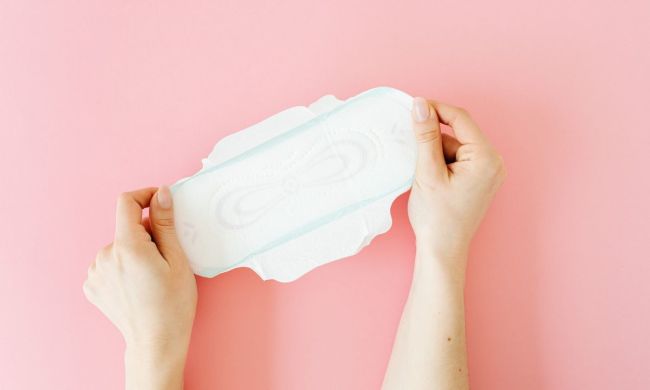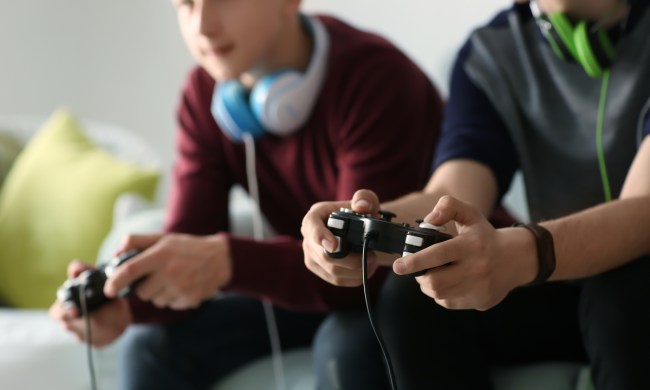While parents of younger children may struggle with early wake-ups, parents of teens can have the opposite problem: a teenage child who has to be dragged out of bed for school in the morning and sleeps past noon every weekend. Is your teen being lazy, or does he really need more sleep?
The experts are clear: teens really do need more sleep than adults. The National Sleep Foundation recommends that teens get between 8 to 10 hours of sleep per night while recommending only 7 to 9 hours a night for adults. A John Hopkins pediatrician recommends that teens get 9 to 9 1/2 hours a night of sleep, which is an hour more than his guidelines for parents of 10-year-olds.
Brain development
Proper brain development is cited as one primary reason that teens need this extra sleep. For decades, scientists thought that brain development had concluded by puberty and that traits typically associated with teens, such as recklessness and impulsivity, could be attributed to hormones. Now researchers know that brains literally undergo a “remodel” during the teen years. While younger children’s brains store all information equally, the teenage brain undergoes a process of “pruning” in which information circuits that are unused are lost but more permanent connections between the remaining circuits start to develop. A fatty substance called myelin forms an insulating layer around nerves in the brain that facilitates those connections. Researchers have found that the process of forming myelin, called myelination, occurs during sleep. All this “remodeling” takes a lot of energy that simply isn’t being expended by the adult brain; thus, it’s a major factor in why teens need that extra sleep.
Sleep is also when the brain encodes memories. Academic success in high school often relies on a teen’s ability to memorize everything from historical dates to verb tenses in foreign languages. Teens who are getting enough sleep will have an easier time succeeding in high school than those who aren’t.

Physical development
Children often need more sleep when they are going through a growth spurt, and teens are no exception. Teen boys grow an average of three inches a year until they hit age 16, and girls grow an average of about three inches after the onset of puberty. Sufficient sleep is both necessary for teens to avoid having their growth stunted. Growth hormones are released during sleep, but growing is also hard work for a teen’s body. We think of growing as something that just happens without any effort, but most teens will need both extra calories and extra sleep during periods of intense physical growth.
Emotional regulation
Another reason that teens need sufficient sleep is emotional regulation. Sleep-deprived people of any age are more impulsive, less patient, and less able to resist unhealthy temptations than those who have gotten enough rest. In teens, the prefrontal cortex, a region of the brain that regulates decision-making and emotion, is not yet fully developed. It’s thus extra important that teens get proper rest. Some researchers have posited that many of the traits that are associated with teenagers, such as moodiness and recklessness, are actually the result of chronic sleep deprivation. Ensuring that teens get sufficient sleep may not completely eliminate behavior, as their brains still aren’t fully developed, but may substantially reduce it. Even the happiest teen is undergoing a time of intense stress, between the obligations of school, extracurriculars, work, friends, and family, and proper sleep also helps the body regulate cortisol, the stress hormone.

Teenage sleep and the school day
Most high schools start between 7-8 am, yet most teens experience a “sleep phase delay” that makes it harder for their bodies to fall asleep before 11 pm. That problem is compounded by teens who may have trouble turning off their TV or phone for the night and turning in. Thus, a lot of the oversleeping that parents might see on weekends is just an attempt by the teenager’s body to repay her sleep debt accumulated because of a sleep schedule that’s out of sync with the demands of her school day.
In recognition of the importance of teenage sleep, some schools have begun pushing back their schedules so that the school day starts later. Because sleep is so crucial for a teen’s physical, mental, and emotional development, many parents are working hard to fight for school schedules that make sleep more of a priority. In addition to pressing schools to move back start times, parents can help teens get enough sleep by having firm curfews for phone and TV use, helping teens have a regular bedtime routine, and avoiding overloading their schedules.
Understanding the “why” behind your teen’s sleep habits can help you as a parent nurture his need for rest and his brain development, emotional development, and school success.



